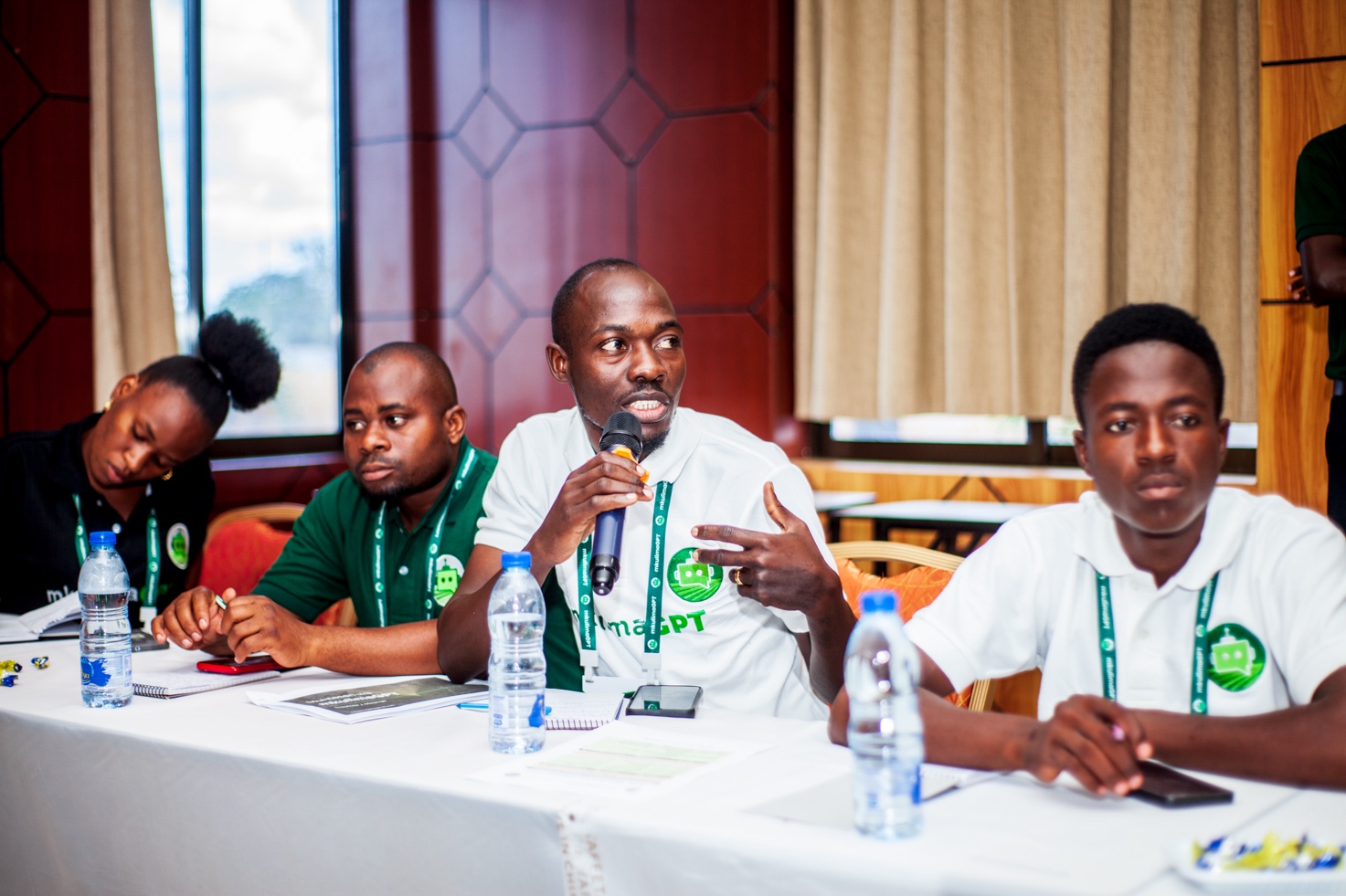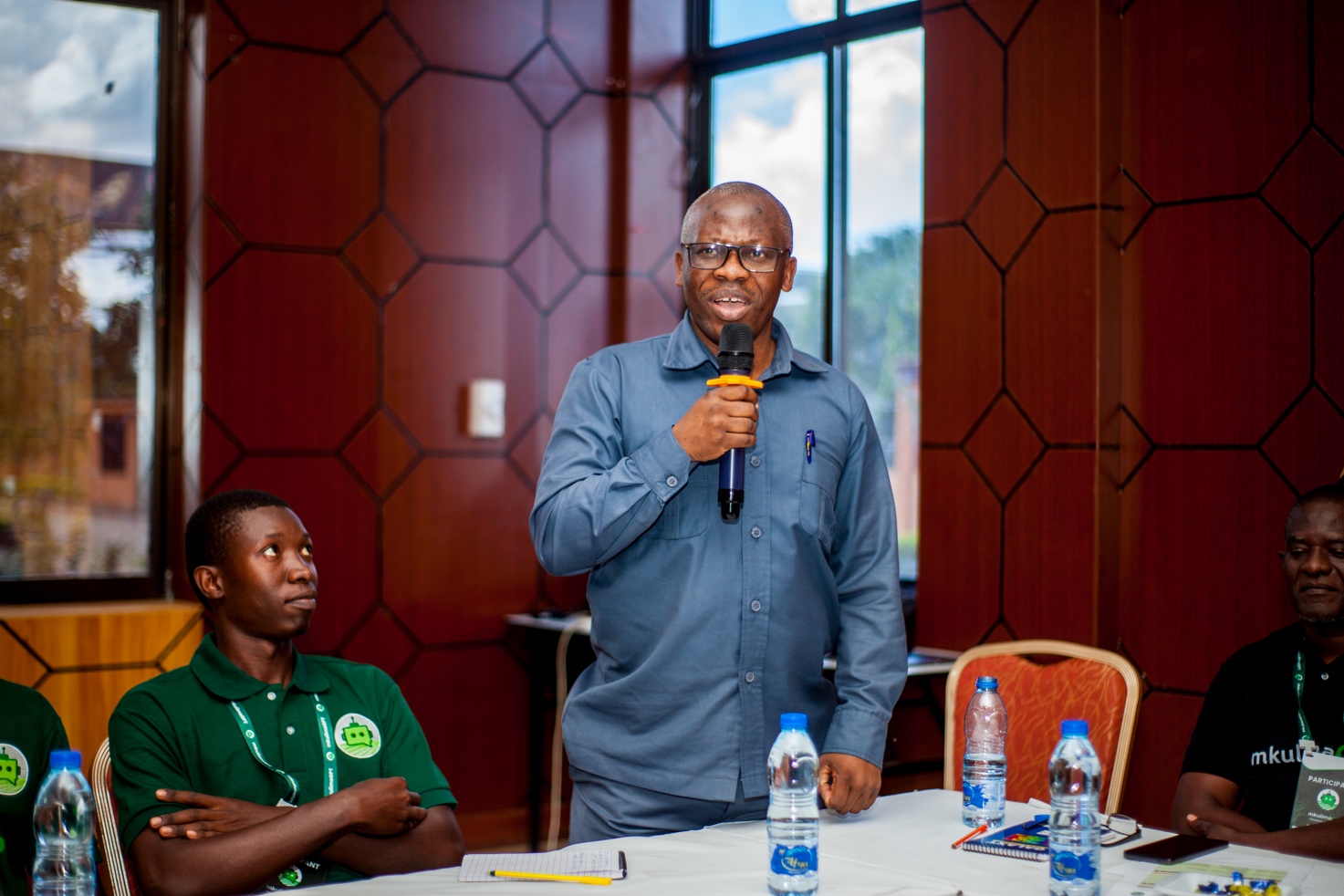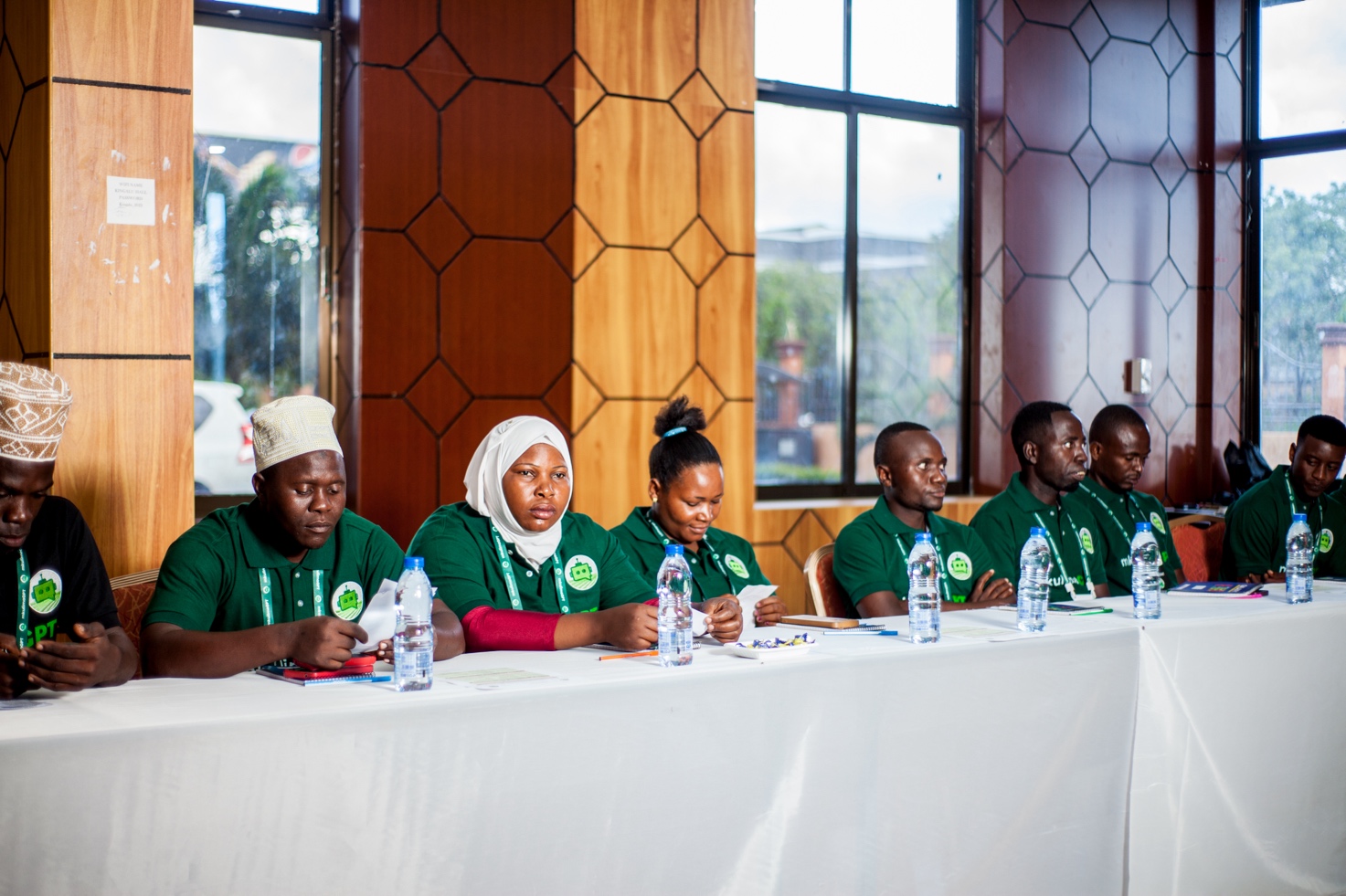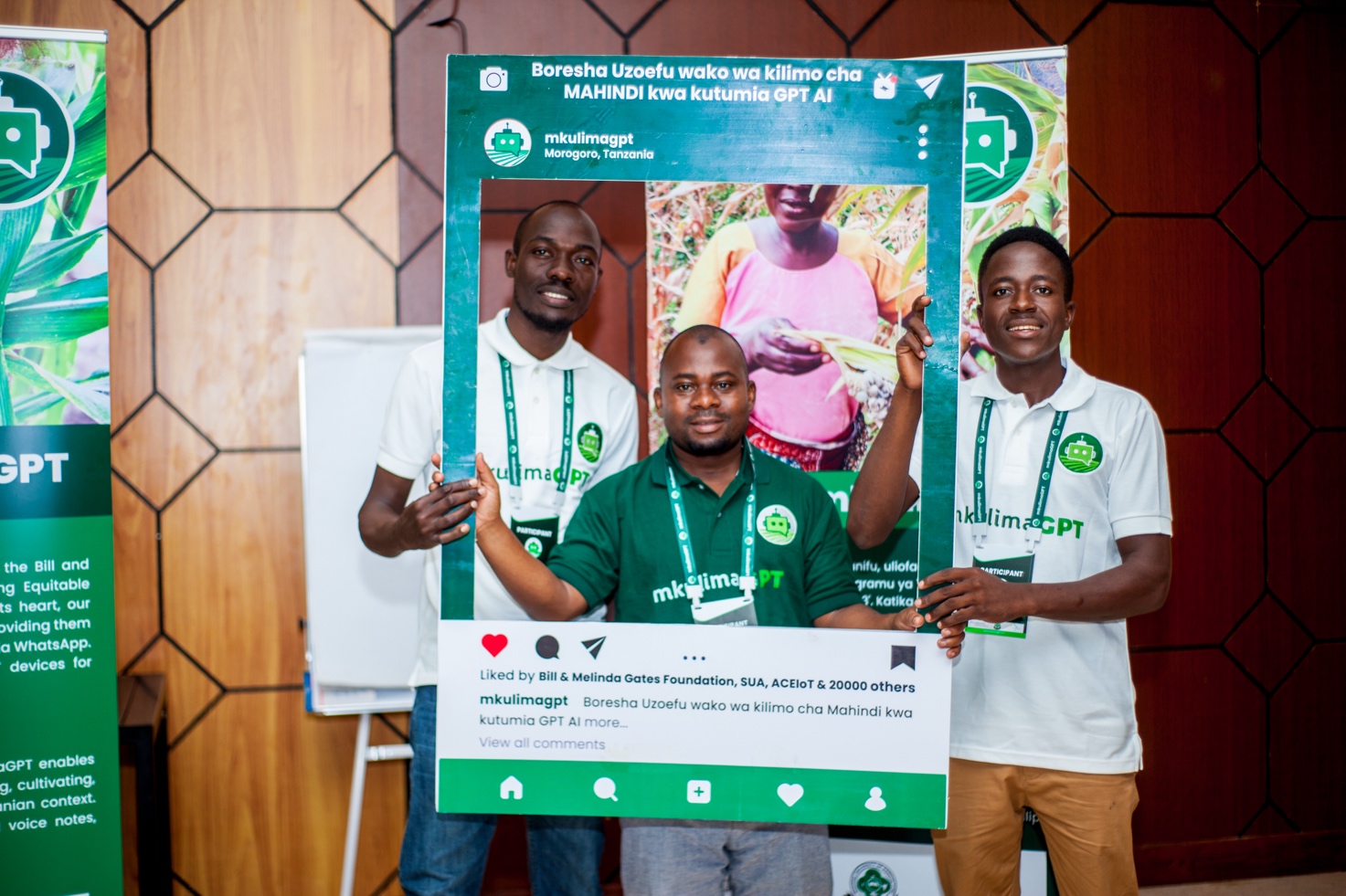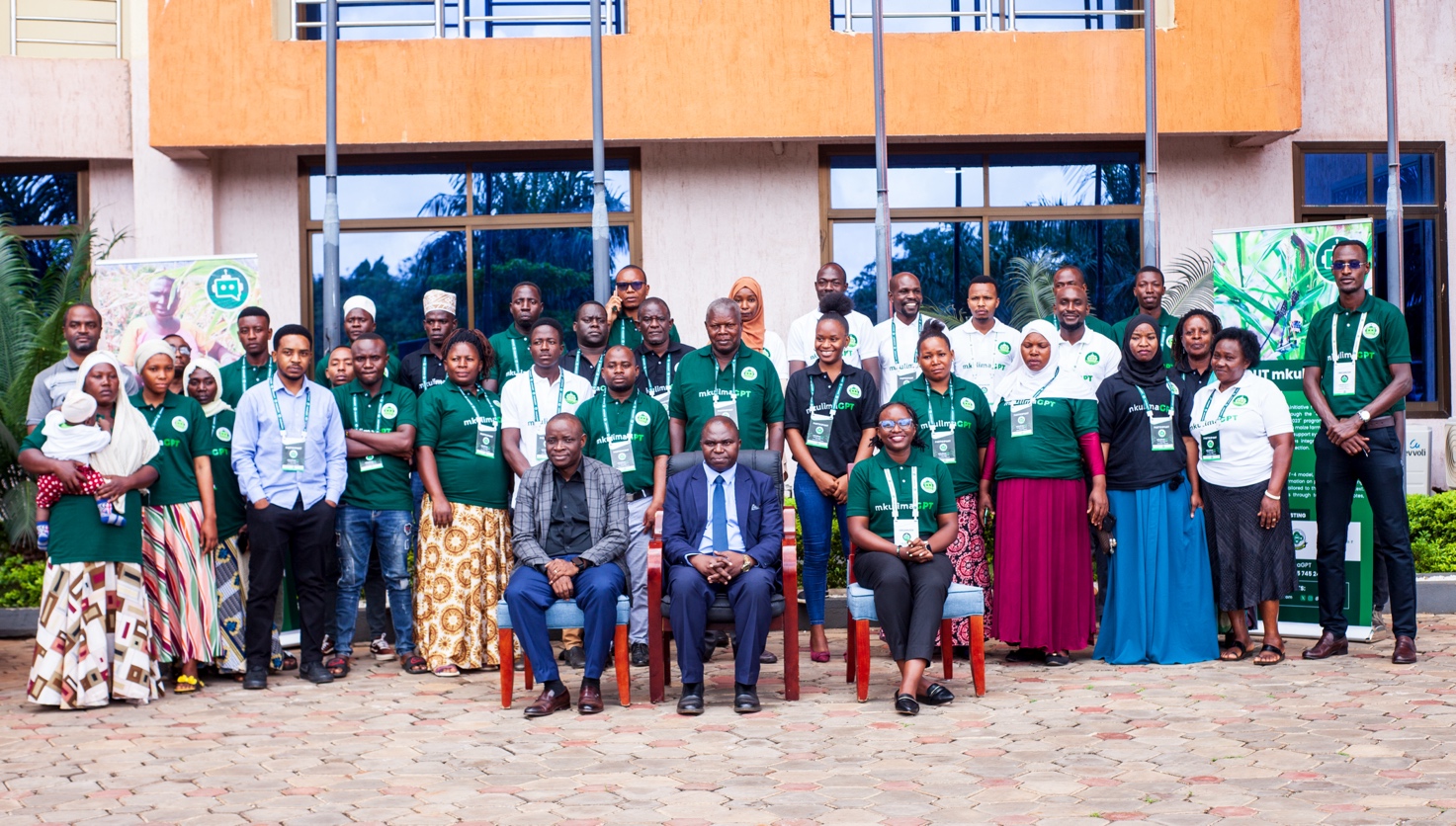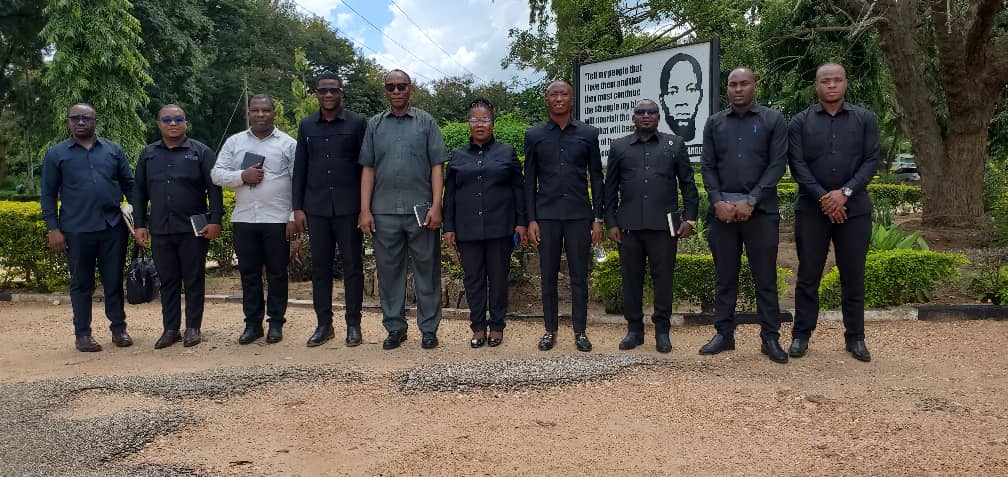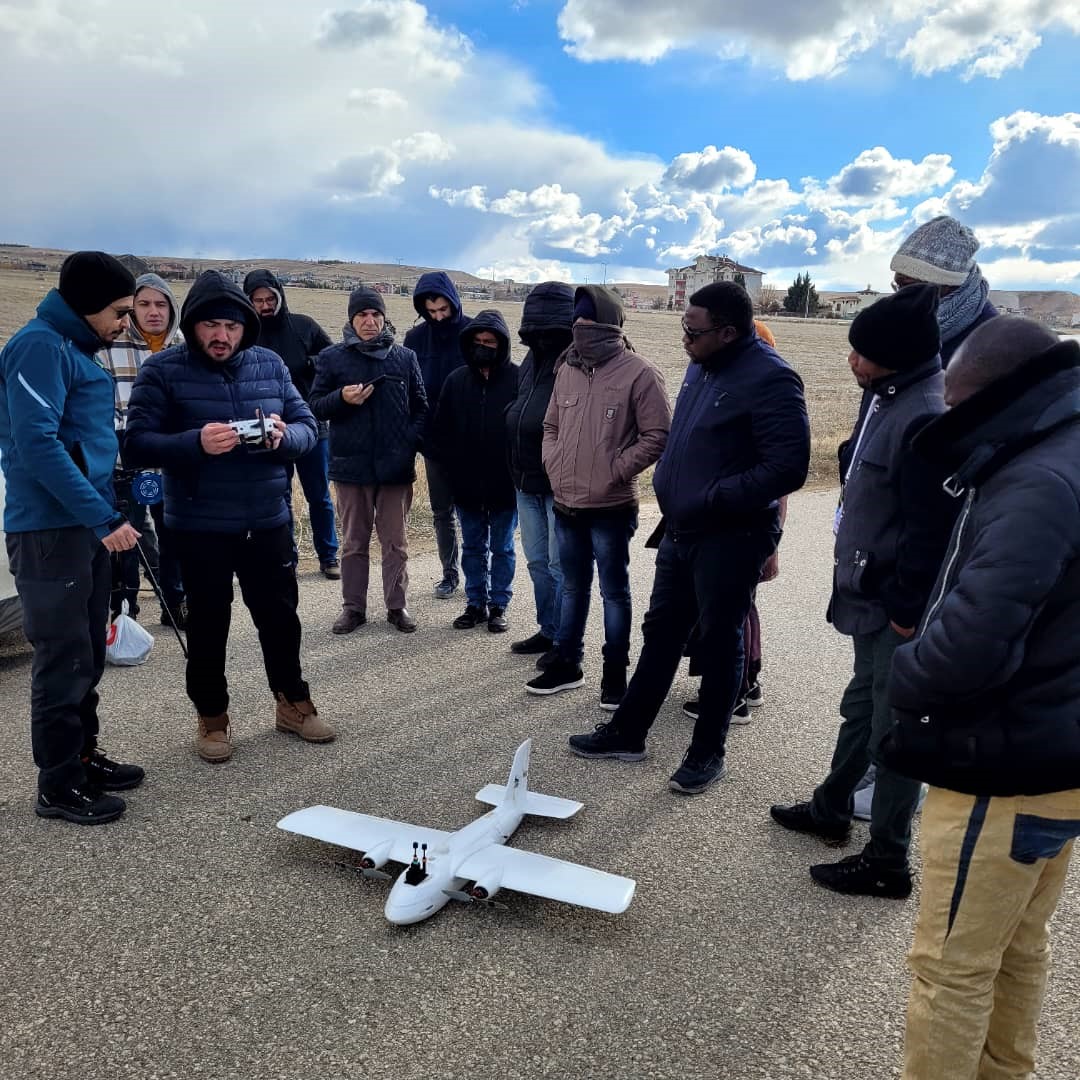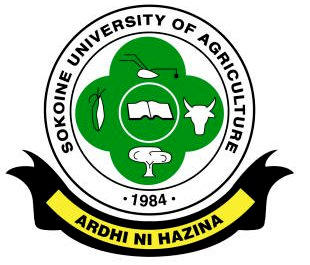Sokoine University of Agriculture (SUA) has trained about 20 smallholder farmers in Morogoro through the Integrated IoT, AI, and a Swahili Chatbot: Agri-Tech Solution (MkulimaGPT) Project, which is funded by the Bill and Melinda Gates Foundation. The training focused on an Artificial Intelligence (AI) System that operates in Swahili and aims to provide farmers with timely advice on maize cultivation. This system also enables farmers to address farm-related issues on their own, without the assistance of an Extension Officer.
According to Ms. Theofrida Maginga, the Project Leader and SUA Assistant Lecturer from the Department of Informatics and Information Technology, speaking at a workshop that was held at Morena Hotel, Morogoro, MkulimaGPT operates as a ‘Chatbot‘ guiding farmers on field preparation and effective maize management through AI technology.
Ms. Maginga stressed that the integration of AI stems from SUA researchers’ aim to leverage technology for farmers’ benefit. While initially focusing on maize cultivation, they aspire to extend this technology to other crops after implementation.
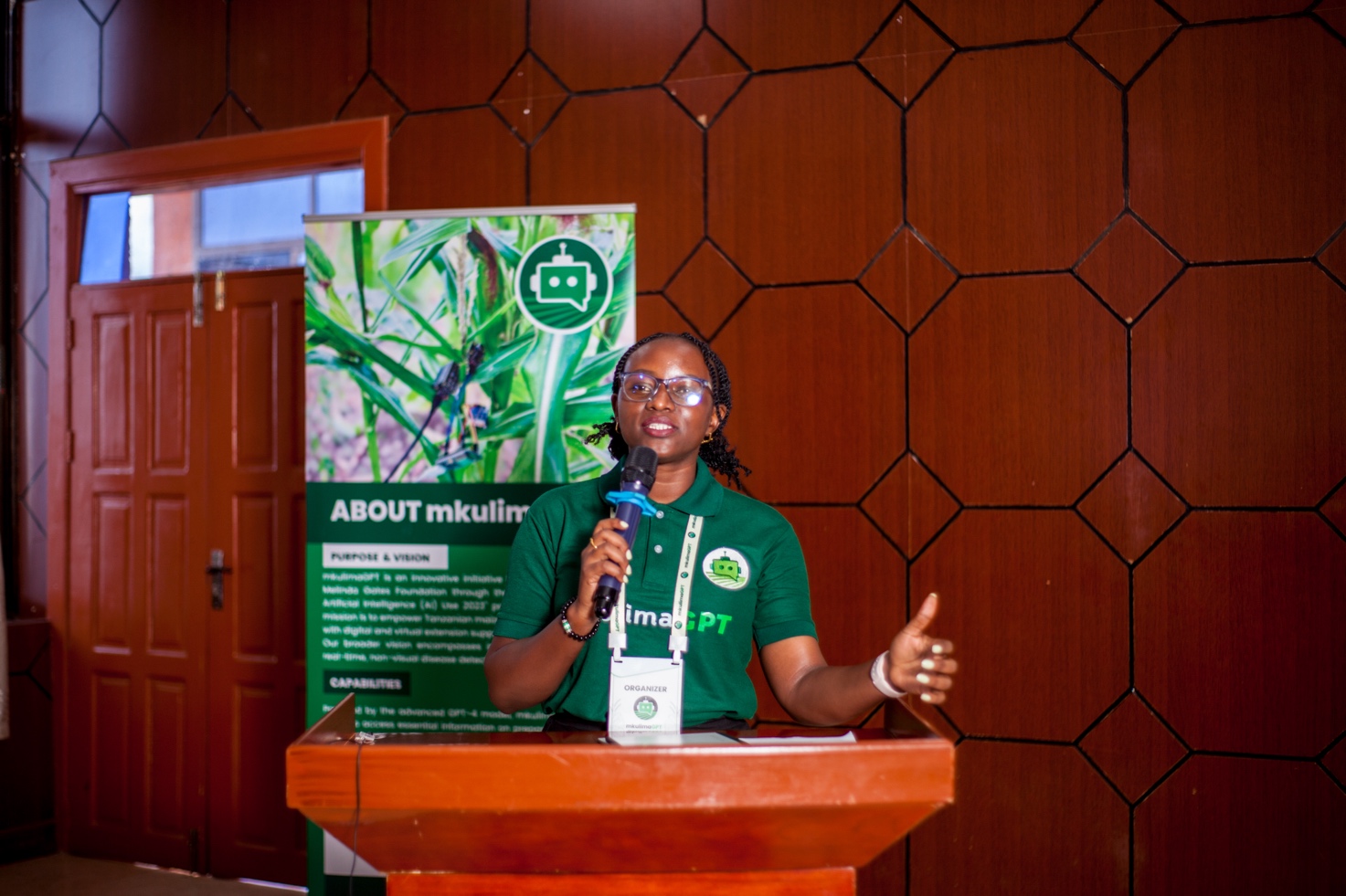
The primary objective is to empower farmers by acquainting them with the latest technology. To facilitate this, a workshop was conducted to sensitize farmers on utilizing MkulimaGPT, an AI-driven agricultural tool. This technological leap, emphasizing AI over traditional methods, holds promise for the entire Morogoro Region and Tanzania by promoting modern agricultural practices.
Despite potential technological barriers in remote areas, Ms. Maginga highlighted the simplicity of interaction. Farmers can engage with the technology using a basic ‘WhatsApp’ phone number, sending text or voice queries about maize cultivation and receiving comprehensive responses. This accessible technology stands to significantly enhance farmers’ yields and agricultural practices.
Acting Deputy Vice-Chancellor Prof. Samwel Kabote highlighted the significant strides in AI during officiating the training, emphasizing its role in providing timely information to farmers. He expressed SUA’s commitment to supporting young researchers in introducing research-driven, innovative, and user-friendly technology to enhance agricultural productivity.
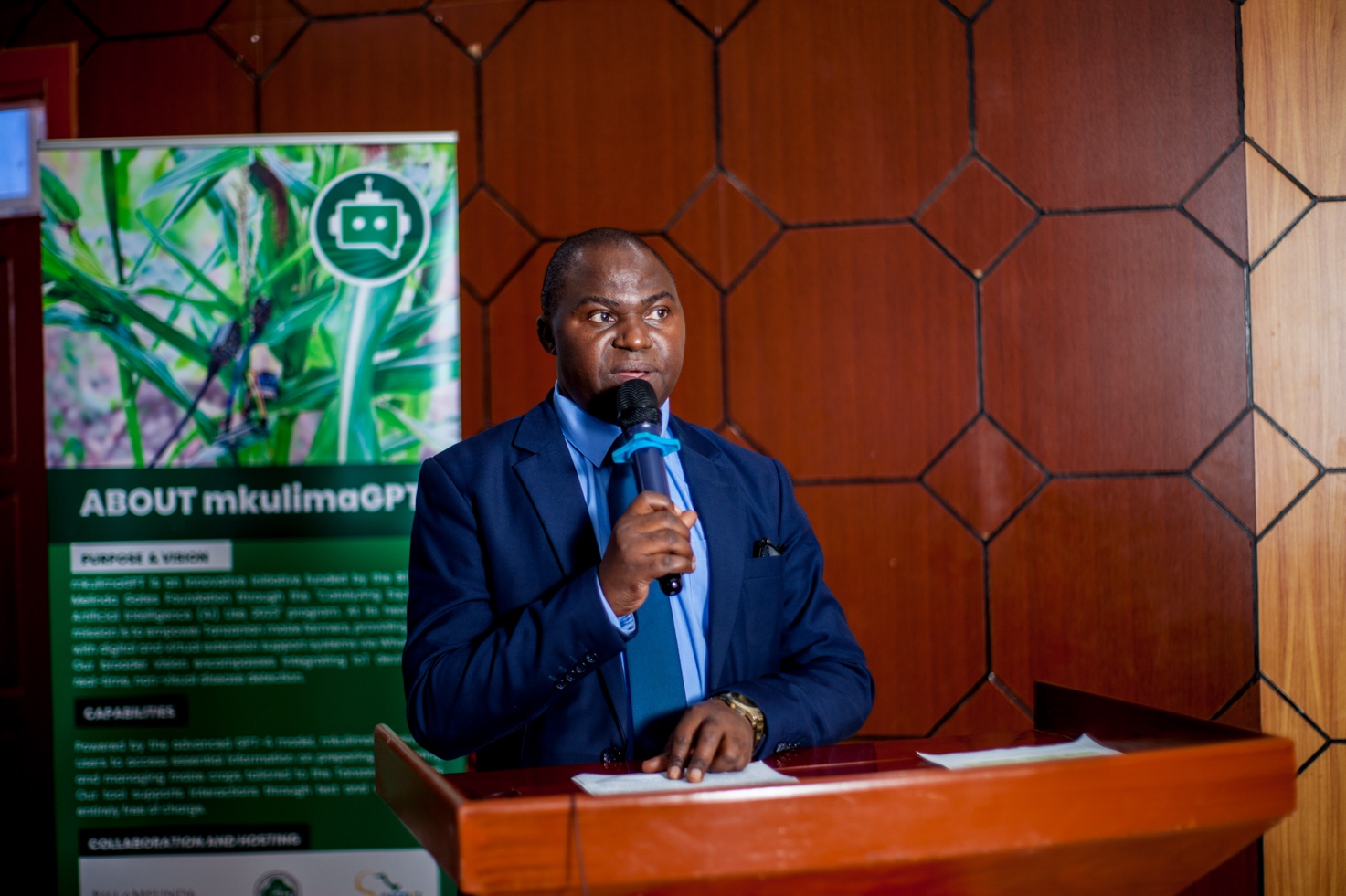
Professor Esron Karimuribo, Director of Postgraduate Studies, Research, Technology Transfer, and Consultancy at SUA, elaborated on the broad scope of technology implementation. Aside from research, the emphasis is on improving extension activities for farmers across the country. The technology, which uses AI for immediate guidance, is an advancement over the widely used ‘WhatsApp.’
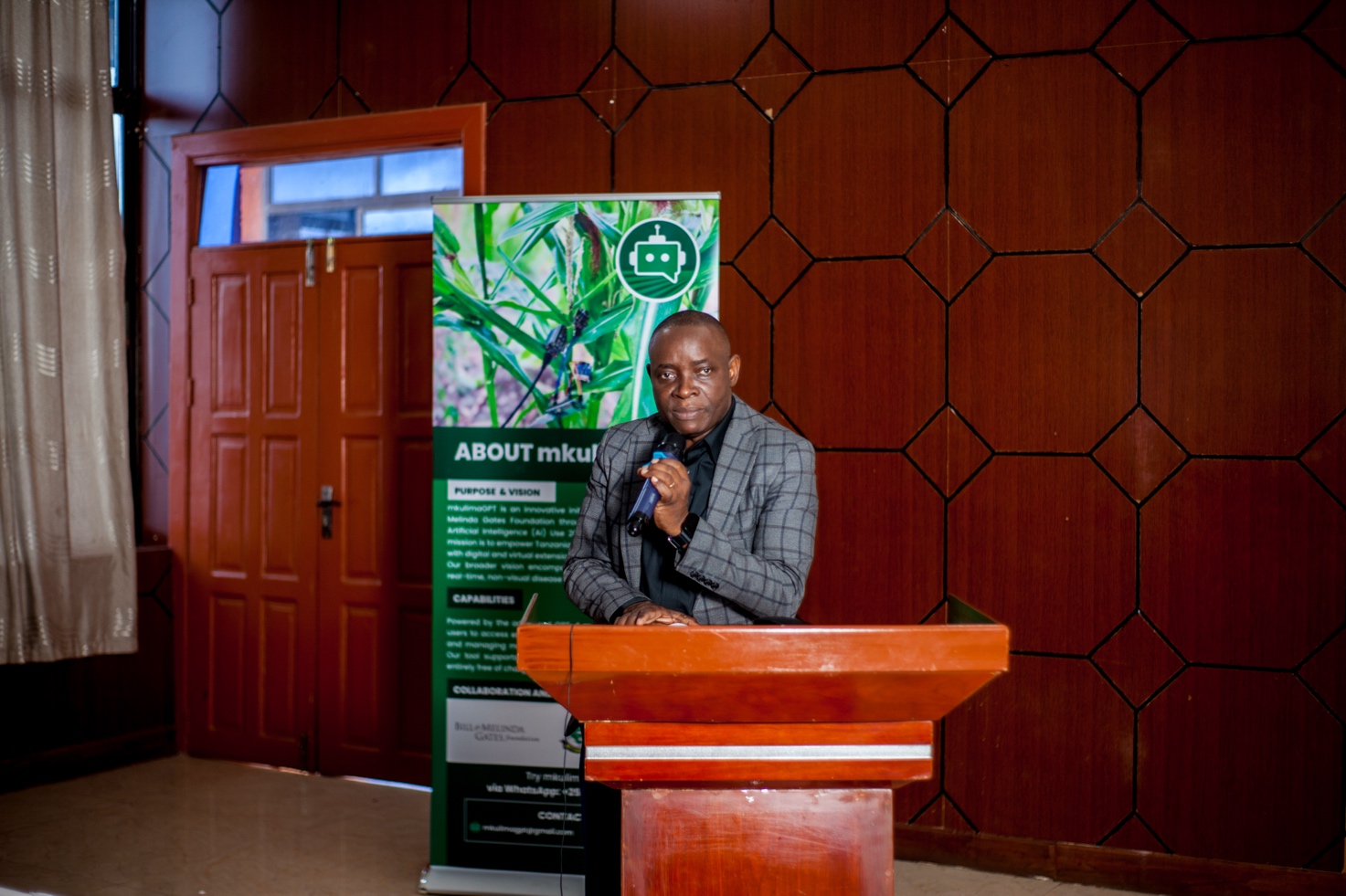
Prof. Karimuribo emphasized the necessity for related institutions and governmental bodies, such as TCRA, e-GA, and the Ministry of Communications and Information Technology, to recognize this technology as an essential national service. He stressed the importance of creating a user-friendly environment with affordable internet packages and easy smartphone access to ‘WhatsApp’ to ensure widespread accessibility for farmers.
“This technology can eliminate the need for Extension Officers in certain areas, as farmers can access their services right at their doorstep. I encourage farmers to use this technology during the agricultural season to improve crop yields and productivity, particularly corn. These advancements can help us achieve greater success in agriculture.”
~ Prof. Karimuribo
In support of this sentiment, Ms. Nia Sifani, a farmer, praised MkulimaGPT as a robust system capable of addressing various field challenges and crop monitoring needs, foreseeing its usefulness in diverse farming environments.
